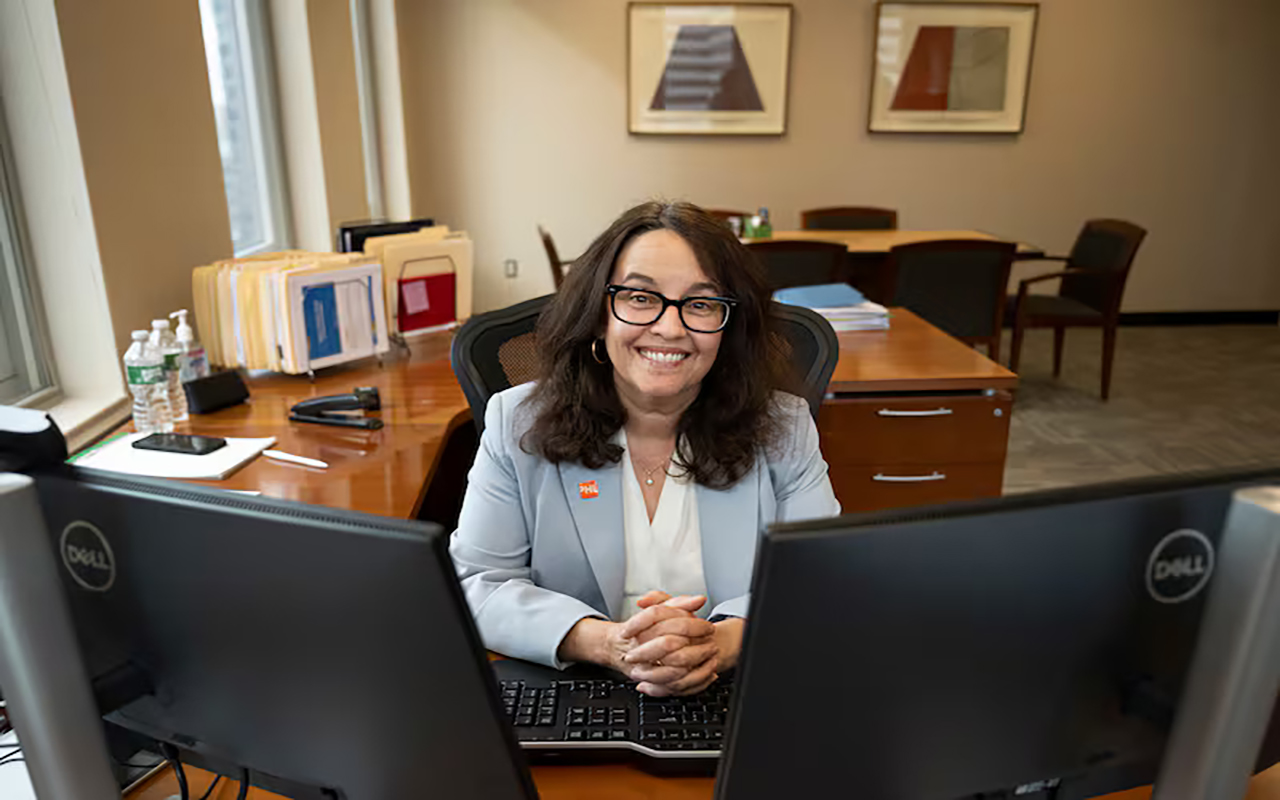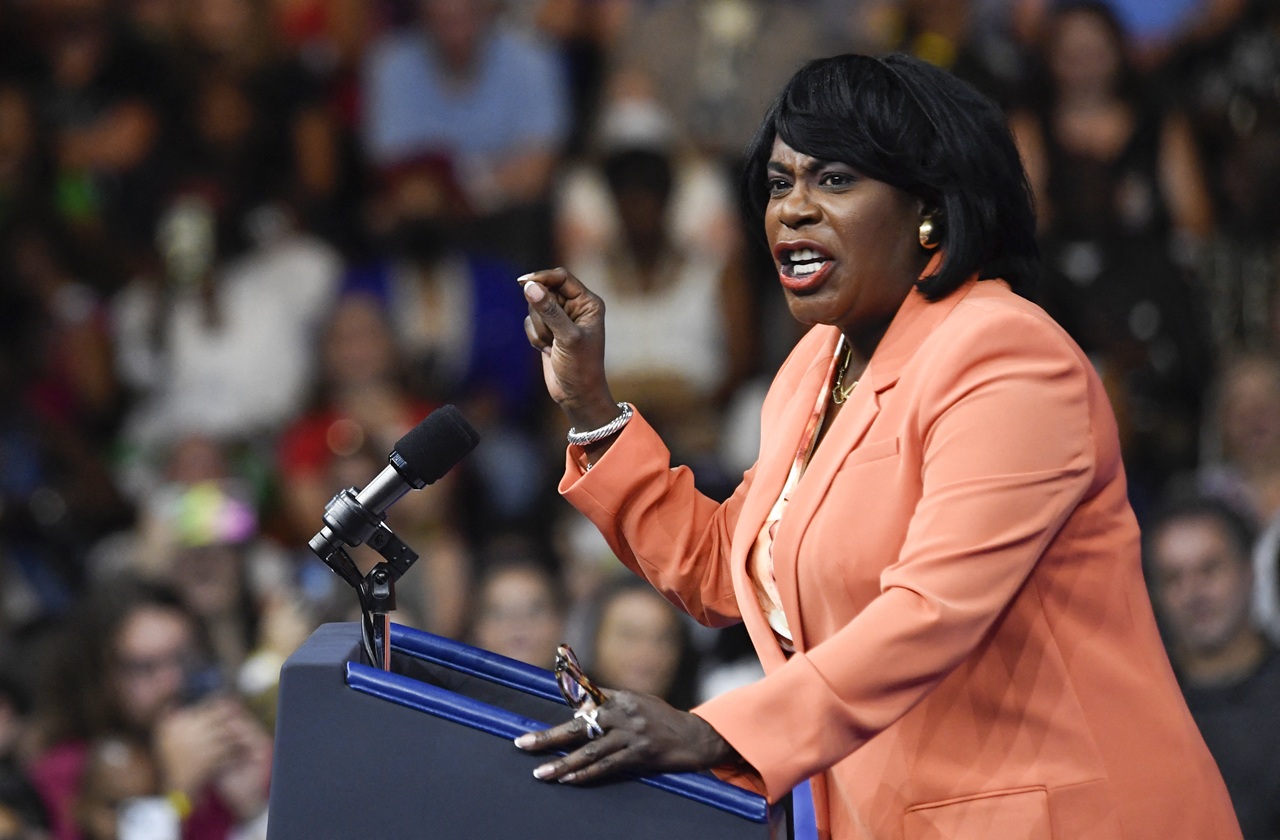
What Our City Needs Episode 4: Philly’s School to Street Pipeline
How do Philly's schools and economy play into its gun violence epidemic?
AL DÍA’s investigative series, “What Our City Needs” comes to a close with its fourth and last episode: Philly’s School to Street Pipeline. In previous episodes of the series, AL DÍA explored how legislation, mental health, and culture all contribute to Philadelphia’s gun violence epidemic, especially among the city’s Black and Latino youth.
For this final episode, AL DÍA looks at how youth coming from traumatic or economically disadvantaged homes are set up for failure when they enter school. Philly’s public schools further set them back due to insufficient resources, funding, and staff of color to motivate them to academically succeed. This lack of motivation makes the streets a more enticing option.
When youth do not succeed academically in K-12, their higher education prospects are also very limited and considering “six of the top 10 posted occupations typically require a bachelor’s degree or higher” in Philly, so are good paying jobs.
For those that cannot attend college because they’re not college ready or can’t balance the troubles at home, work and going to school, Community College of Philadelphia Admissions Counselor Gilberto Gonzalez says that their probability of turning to the streets and falling into gun violence is much higher.
“If they’re making $15, that’s all their expectation [or] the best they could do… they’re going to do what they need to do to get it,” he told AL DÍA.
RELATED CONTENT
With this economic instability youth face, it puts them in a similar if not the same position as their parents, which continues the cycle.
However, in spite of the educational and economic systems in place that gatekeep Black and Latinos from financial success and higher education, this final episode touches on two avenues — entrepreneurship and the trades — that youth can take to break that cycle after high school.
Other than Gonzalez, AL DÍA also spoke to PEW Trusts’ Larry Eichel, JEVS Human Services’ Sylvia Ocasio and Wilson Rivera, motivational speaker, influencer, and former School District of Philadelphia substitute Brandon “B.McFly” Chastang, CEO of AllThisMath, Professor at Cheyney University, and former SDP teacher, Akil Parker, owner of Amatullah’s Treasures, Atiyah Havens, and President of the West Corridor Collaborative, Jabari Jones, for this episode.











LEAVE A COMMENT: